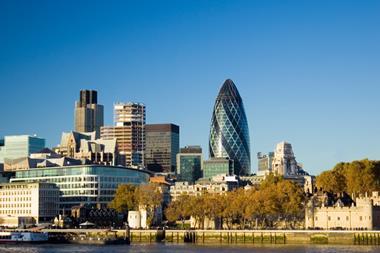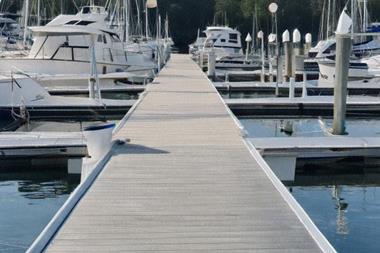Holding – rather than selling – European prime real estate may make sense in a deflationary environment, according to Cordea Savills’ CIO.
Despite “keen pricing” – and rather than chasing value-add and/or opportunistic investment, where future growth is required to justify today’s pricing – there may be “some merit in holding core real estate”, Kiran Patel said.
Patel, considering the impact of deflation on investors’ outlooks, said Italy and Spain were already exhibiting deflation.
The rate of inflation is falling in Sweden, France and Belgium.
A cut in interest rates to zero by Sweden’s central bank was recently made to try to curb the threat of deflation.
Core inflation in the euro-zone last month slowed to a five-year low of 0.4% – consistently below the European Central Bank’s target of 2%.
“This is perilously close to zero and raises the fear of deflation,” Patel said.
The ECB acted by cutting the main lending rate from 0.15% to 0.05%.
“The whole idea is to provide a monetary stimulus to ward off deflation and boost growth,” Patel said.
“But if deflation does come about, holding cash could be seen as attractive given that its purchasing power improves over time as prices fall.”
There are, he added, “good things and bad things about deflation when it comes to property investments”.
“Persistent deflation is bad,” Patel said. “You just need to look to Japan where property prices are still below their 1989 peak by some 32%, while both rental and land values are around 50% of those 1989 levels.”
The problem in Europe, Patel said, is that the Continent is “still saddled with weak economics”, citing high unemployment, relatively weaker consumption and muted investment.
“Although a generalisation, there are very few countries to choose from where this is not the case,” Patel said.
In the UK, Patel said there was sense in looking beyond prime.
“Rather than chasing prime property in the UK, the case for value-add and opportunistic investing may be more compelling where the likelihood of rental growth is that much greater,” he said.
“Although UK inflation is low and trending downwards of late, it has been in an environment where the economics are not poor.”











